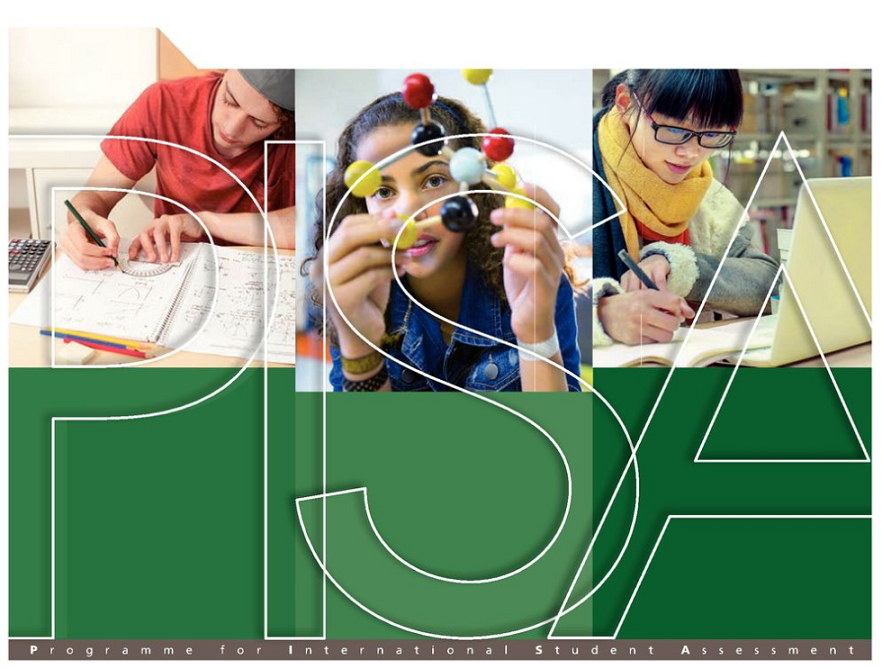PISA report: early intervention is crucial for equitable education
Published:
The OECD released its latest report entitled PISA: Equity in Education - Breaking Down Barriers to Social Mobility 23 October 2018. This report sheds light on the widening gap between advantaged and disadvantaged learners in education systems in 72 countries, including all 36 OECD countries and 36 partner countries.
In this report, the OECD points out that social class has an undeniable effect on school performance with underprivileged learners scoring 88 points lower in science than their peers. It also reveals that disparities in performance related to socio-economic background develop as early as ten years of age. Furthermore, it reports that attitudes of 15 -year-olds vary drastically depending on their socio-economic background, with deprived students feeling less positive about their career prospects. Moreover, the study shows that certain countries fare better than others in terms of dealing with residential segregation in the education system, highlighting that Nordic countries have succeeded in creating more inclusive schools thanks to its education policies.
As lower-income families may not be able to afford early childhood education and care in certain countries, the OECD stresses that early intervention is crucial in order to narrow this gap. This report indicates that investing in early childhood education and care is an effective means of promoting social mobility, with studies showing that it leads to less crime and better career achievement. Furthermore, in order to foster positive attitudes towards education, this report recommends that teachers have access to appropriate tools to observe social well-being and that educational resources are fairly distributed. In addition, it encourages the development of teachers’ capacity to manage diversity and to encourage all parents to be more involved in their children’s education. Benchmarks are also suggested as a useful tool for governments to monitor the progress of disadvantaged students.
ETUCE welcomes the OECD’s call for greater access to early childhood education for disadvantaged children and underlines that inclusive education should be made available to all students in Europe. Given the significance of the existing gap between advantaged and disadvantaged learners in education systems, a workshop will be dedicated to equality and equity in education during ETUCE’s Special Conference, which take places 26-28 November 2018 in Athens.
The report can be found here